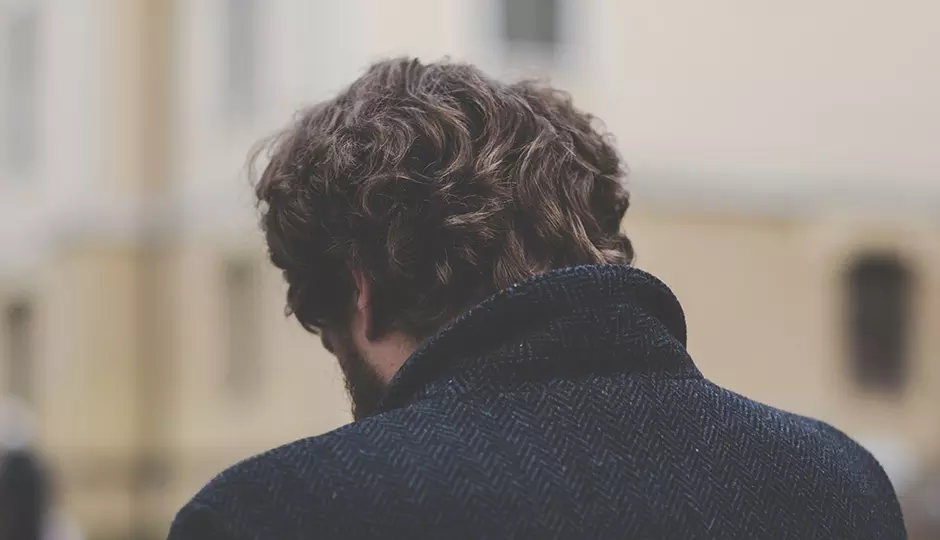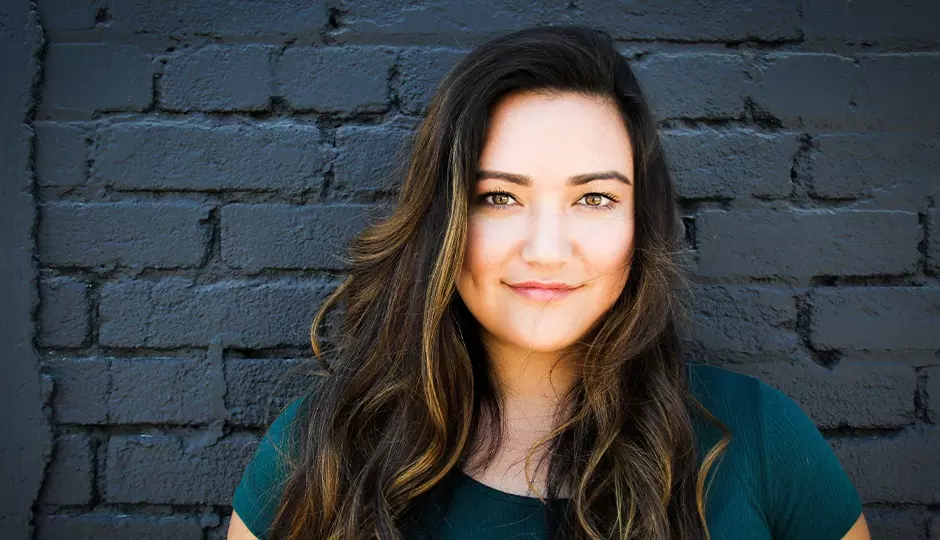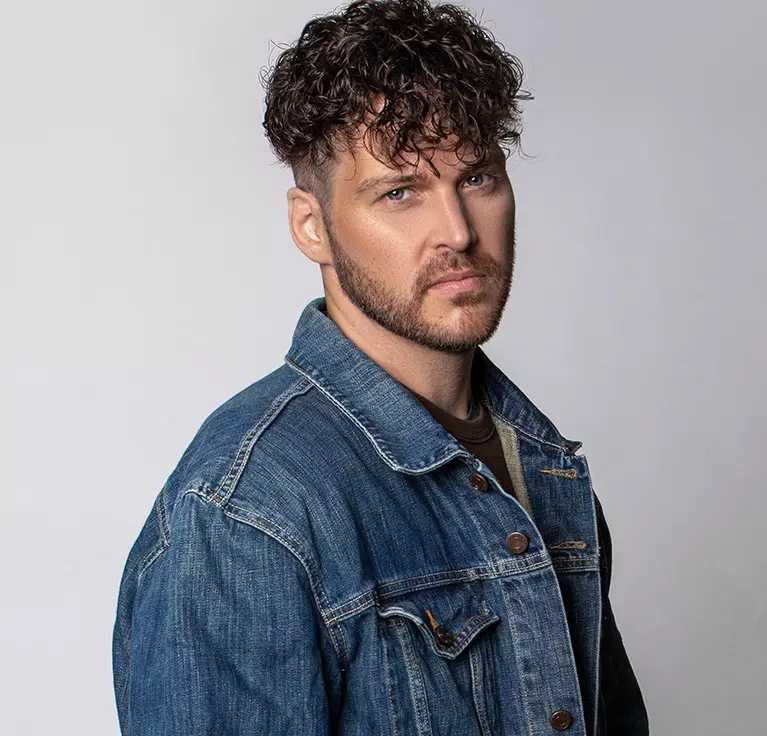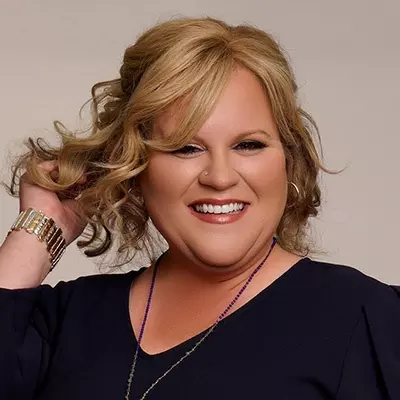Getting a pimple is never fun. Acne can be uncomfortable, unsightly and appear anywhere on your body, including your scalp. Scalp acne can be painful and concerning, and because it's hiding under your hair, it can be challenging to treat. While scalp acne is not usually dangerous, left untreated, it can get worse and lead to scarring, which can damage the hair follicles and their ability to produce healthy hair.
Symptoms of Scalp Acne
Like pimples on other parts of the body, scalp pimples are raised bumps. They may be tender to the touch and often occur in clusters. Scalp acne may be visible when it occurs near the hairline or may occur on areas of the scalp completely covered with hair. Pimples under your hair may simply feel like raised bumpy patches, but they can be painful to the touch when irritated.
When a scalp breakout is severe, the pimples may become infected, and a small blister containing pus may form. These pimples can cause discomfort when brushing, washing, or styling your hair. Scalp acne can also result in itching or dry, flaky patches of skin on the scalp.
What Causes Scalp Acne?
Like other types of acne, pimples on your scalp are caused by clogged pores. When pores on your scalp become clogged with oil, dead skin cells, or excess hair products, they can become irritated, and a pimple may develop.
Scalp acne is a form of folliculitis, an inflammatory disorder of the hair follicles in the scalp. The condition can be caused by a bacterial or fungal infection or, when near the hairline, be related to traditional acne, especially if you are prone to facial acne.
Haircare products containing harsh chemicals or heavy ingredients, such as oils, can also be a cause of pimples on your scalp. Some gels, styling waxes, pomades, and creams can cause a buildup that clogs the hair follicles and causes irritation. Even some shampoos and conditioners have chemicals and additives that can clog pores and lead to acne.
Treatment Options
Scalp acne can be treated and prevented by keeping your pores from clogging. It's essential to keep your hair and scalp clean to remove dirt, dead skin cells, excess oil, and hair product buildup, as these are the primary causes of clogged pores and hair follicles. But it's also critical to ensure that your shampoo or conditioner isn't contributing to or causing the condition.
If you think your shampoo or conditioner is causing the issue, you may want to consider trying some gentler hair products. Use oil-based products in moderation and instead choose washing and styling products that are oil-free or non-comedogenic, which means they are explicitly formulated not to cause clogged pores.
If you can't avoid using hair products like gels, waxes, and hair sprays completely, try using a sulfate-free clarifying shampoo specially formulated to remove dirt, oil, and product buildup from your hair. However, it is essential not to overuse clarifying shampoo, as it can dry your hair and make it prone to breakage.
When to Consult With a Professional
Most of the time, you can treat scalp acne at home with over-the-counter hair products that have anti-acne ingredients. However, if your condition doesn't improve after several weeks, or you are concerned that the pimples may be infected, you should consult a professional.
Various scalp conditions can cause scalp pimples, and occasionally it may be more severe than mere acne. If you have noticed pimples on your head and are concerned about the cause, our team of professionals at Mane Image can help. We are experts in all aspects of hair and scalp health and can help you find the cause of your condition and recommend a solution. Contact us today and schedule your FREE initial consultation to learn more about scalp acne and what you can do about it.











